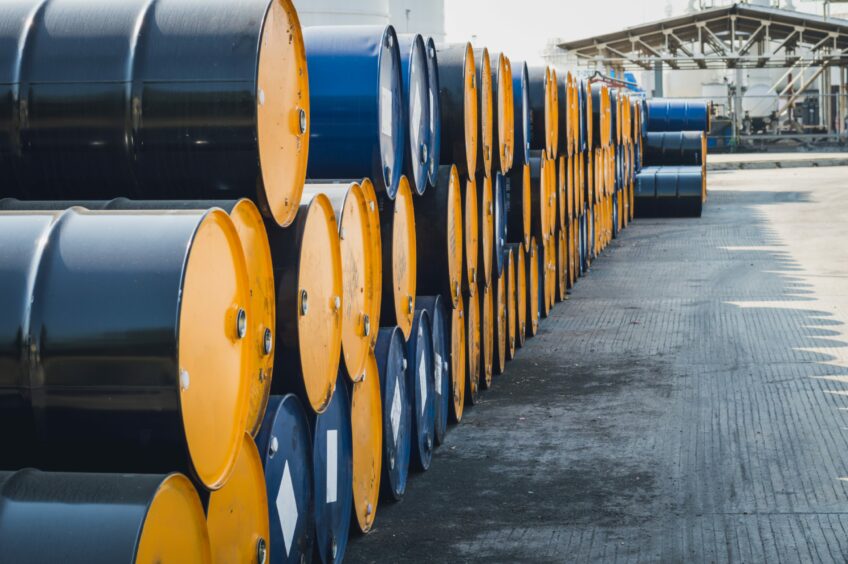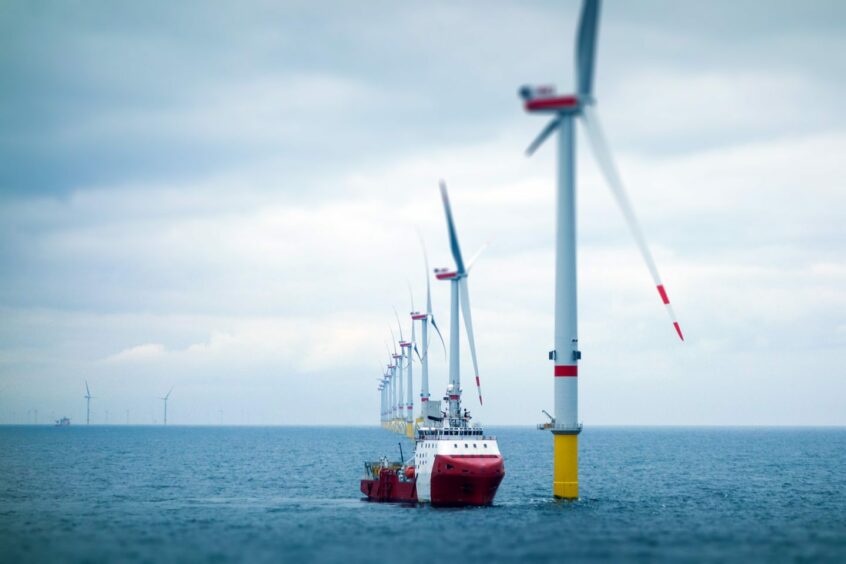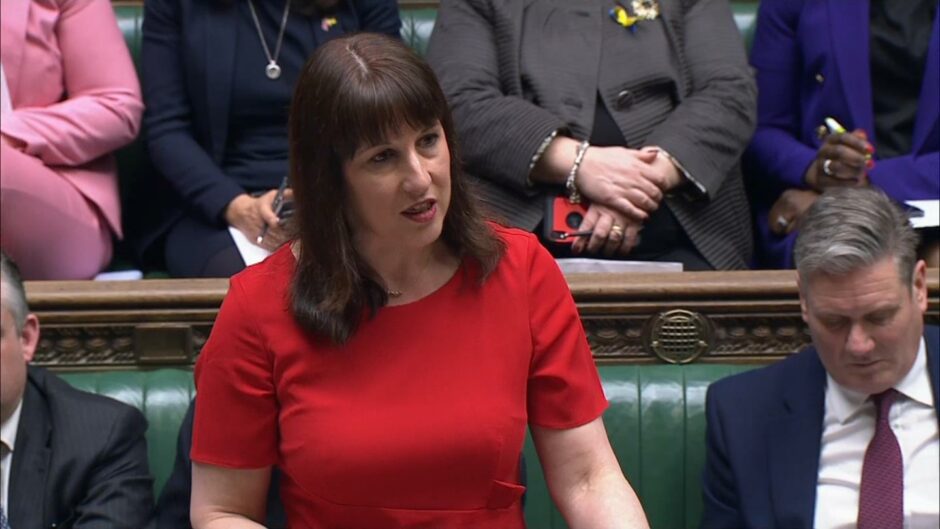
Energy analysts have given their take on Jeremy Hunt’s decision to ratchet up the North Sea oil and gas windfall tax.
Despite industry’s best efforts to fights its corner, the chancellor delivered on speculation that he would raise the energy profits levy (EPL).
It means North Sea companies will now pay a headline rate of tax of 75%, up from 65% – the level set under the initial windfall tax.
Senior figures within industry have made the case in recent days that any expansion to the current regime risks driving companies, and investment, overseas.
Glenn Kangisser, partner at international law firm Haynes and Boone, said: “Chancellor Jeremy Hunt today announced an extension to the so-called “Windfall Tax” on UK Oil and Gas companies, known as the EPL. The increase of the EPL from 25% to 35% (meaning a new effective tax rate of 75% on profits) and the extension of its application from 2025 to March 2028, has borne out some of the worst fears of those in the UK oil and gas Industry. Offshore Energies UK commented earlier in the week that such an extension would put both existing oil and gas projects in the UKCS, as well as future investments in the sector, at significant risk.
“While the Chancellor may feel there are good short-term economic and political reasons to extend the EPL so soon after its introduction in May this year, the long-term impact on the UK’s energy security strategy – which naturally requires a reduced reliance on imports – remains to be seen.”
Wary of squeezing transition spend
Oil and gas producers weren’t the only ones targeted by Mr Hunt, who was attempting to plug a £50 billion fiscal shortfall.
Electricity generators are now coming terms with a new 45% rate on “extraordinary profits” – defined as electricity sold above £75 per megawatt hour (MWh).
Combined with corporation tax, that brings the headline rate on earnings to 70%.
But the “Electricity Generators Levy” differs to the oil and gas windfall tax in that it only applies to profits above £75MWh.
Tom Gilby, equity research analyst at Quilter Cheviot, has warned the government against “choking off any of the transition to clean energy”.
He said: “Low carbon electricity generators are now firmly in the crosshairs for the government with the introduction of a 45% windfall tax. This recognises that they have so far gone under the radar in being beneficiaries of rising energy prices along with a stable cost base.
“Some energy generators, such as SSE, have been more vocal than their oil and gas counterparts in protesting against a windfall tax and the impact it could have on investment, but this was always likely to fall on deaf ears for as long as extraordinary profits were made in this cost of living crisis.
“The headline rate of 45% appears harsher than the one on the oil and gas producers at first glance and they could feel hard done by given the level of investment in clean energy and the lack of share buybacks. However, there is a nuance here in that it is on profits over a certain level as it tries to keep some semblance of an innovative industry. It remains to be seen how much of this investment will ultimately be threatened, but with this windfall tax landing at the same time as interest rates and inflation raising the cost of funding new projects, it could be more detrimental than when first designed.”
An incentive to ‘fuel climate crisis’
In a bid to keep the North Sea oil and gas industry sweet, Mr Hunt left the current investment relief for companies in place.
The original windfall tax included an 80% allowance which, combined with other measures, meant firms got £91.25 back per £100 spent on upstream projects.
Under the new 35% tax rate, the allowance is being reduced, but companies can now claim £91.40 for every £100 invested.
Labour’s shadow chancellor Rachel Reeves slammed Mr Hunt for not doing away with the spending relief.
Meanwhile, environmental group Greenpeace has accused him of incentivising climate change.
Ami McCarthy, a political campaigner with the organisation, said: “The Chancellor may be making the right noises around home insulation and the windfall tax, but the action doesn’t live up to the hype.
“Increasing taxes on the obscene profits of oil and gas giants is the right thing to do, but allowing huge tax breaks for more fossil fuel drilling is one step forward and two back.
“The government could lose billions in revenues while turning a fairness tax into an incentive to fuel the climate crisis – and during a major climate summit!
“Instead of going to increase the problem, this money should fund solutions, including better support for millions of households still struggling to pay their bills.”
Recommended for you


 © Shutterstock / RachenStocker
© Shutterstock / RachenStocker © Supplied by Pinsent Masons
© Supplied by Pinsent Masons © Supplied by Universal News And S
© Supplied by Universal News And S